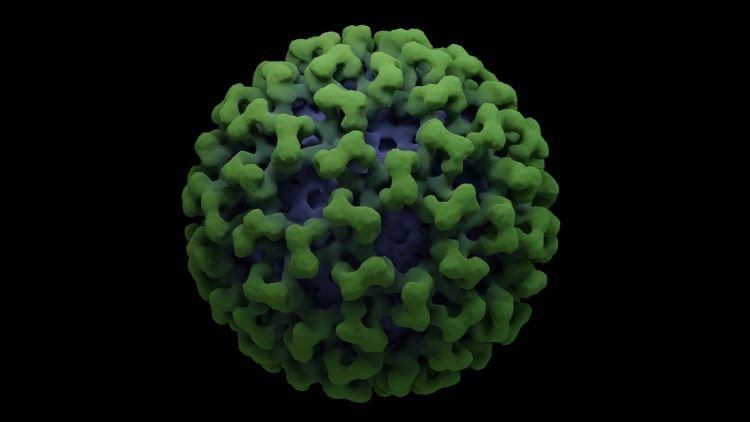Chikungunya vaccine demonstrates 99 percent immune response

If approved, VLA1553 could become the first licensed chikungunya vaccine available to address this unmet medical need.
If approved, VLA1553 could become the first licensed chikungunya vaccine”
A single vaccination of VLA1553 has been shown to produce neutralising antibody levels, thought to protect against chikungunya disease in 99 percent of Phase III trial participants. The chikungunya vaccine candidate is the only one globally for which regulatory review processes are underway.
If approved, VLA1553 could become the first licensed chikungunya vaccine available to address this unmet medical need.
What did the chikungunya vaccine study results show?
The chikungunya study enrolled 4,115 healthy adults across 43 study sites in the US. There were 3,082 participants injected with one dose of VLA1553. A placebo was given to 1,033 participants.
While antibody levels declined 28 days after vaccination, seroprotection continued in over 96 percent participants after six months.
Additionally, as the vaccine was not administered in regions where the mosquito-borne disease, caused by the chikungunya virus (CHIKV), is endemic, it is unknown if vaccine protects against subsequent disease. Instead, the study tested for an immune response at levels that are thought to protect against the disease if infected with the virus.
The “good persistence” of antibody levels post-vaccination “is important considering that chikungunya outbreaks may recur suddenly,” lead author of the study, Dr Martina Schneider, Clinical Strategy Manager at Valneva responded.
Schneider stated that since “age is a risk factor for severity and mortality of chikungunya disease, the strong immune response observed in older participants might be particularly beneficial.”
“At present, there is no dedicated treatment or vaccine available against chikungunya”
“At present, there is no dedicated treatment or vaccine available against chikungunya, which is a debilitating disease whose symptoms can persist on a long-term basis,” study author Katrin Dubischar, Program Director, Chikungunya Vaccine at Valneva stated.
With chikungunya “currently regarded as one of the viruses most likely to spread globally” Dubischar added: “having an effective vaccine is important for preparedness for future outbreaks”.
Authors of the paper acknowledged that to be highly effective in controlling endemic disease, a chikungunya vaccine will also need to be administered to children. A study evaluating its safety and efficacy for adolescents is currently ongoing in endemic areas of Brazil.
Results from the Phase III clinical trial was published in The Lancet.
Source link
#Chikungunya #vaccine #demonstrates #percent #immune #response